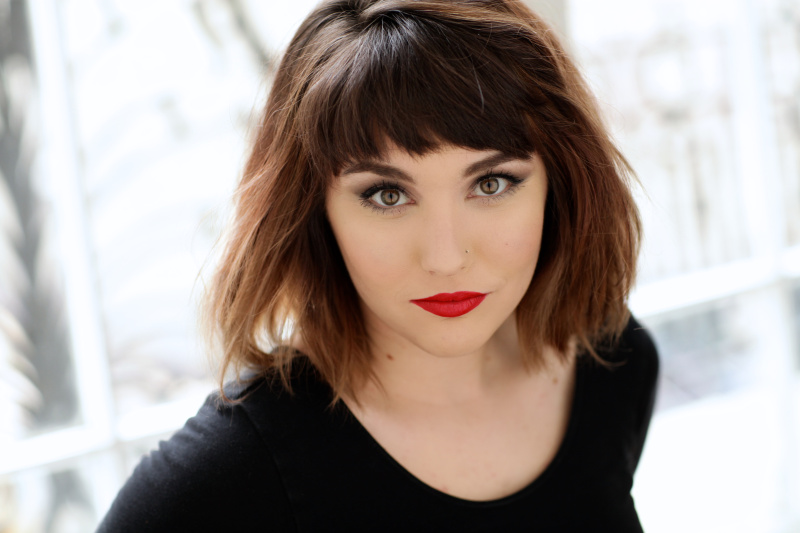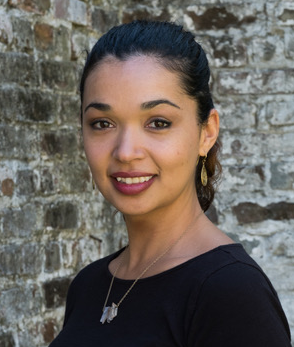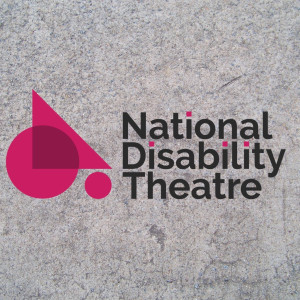Access to Nature: a Natural Right
As the threat of the climate crisis becomes ever more imminent, the importance and benefits of nature to human health become ever more undeniable. Highlighted in books such as “Forest Bathing: How Trees Can Help You Find Health and Happiness” by Qing Li, various practices of nature therapy are said to improve mental and physical health. A 2018 report from the Nature Conservancy states “a growing body of scientific evidence suggests contact with nature provides a multitude of health benefits...nearby nature provides a positive emotional experience that has been shown to speed up recovery time for hospitalized patients, motivate healthy behaviors such as exercise, and provide therapeutic benefits to people living with mental disorders.”
Due to the varied and often challenging terrain the natural environment can present (steep grades, unpaved pathways and delicate ecosystems), access to our natural resources for those with physical disabilities has historically been confined to the parking lots and nature centers, restricting their ability to fully partake in the benefits of a natural connection.

![Jacqueline Russell [Image Description: A headshot of a smiling woman with straight blonde hair. She is leaning to the left of the photo and looking up.]]](https://kec.memberclicks.net/assets/Jacqui1207164150.jpg)
 Tara Wray
Tara Wray![VSA Regional Intersections: New Orleans [Image Description: This image contains three photos and three color blocks in red, yellow and blue. The photos are of a presenter at the conference, children holding instruments and Jenna Gabriel with a microphone. The image includes the text : VSA Regional Intersections, March 29-30, 2019, New Orleans.]](https://kec.memberclicks.net/assets/2.png)



